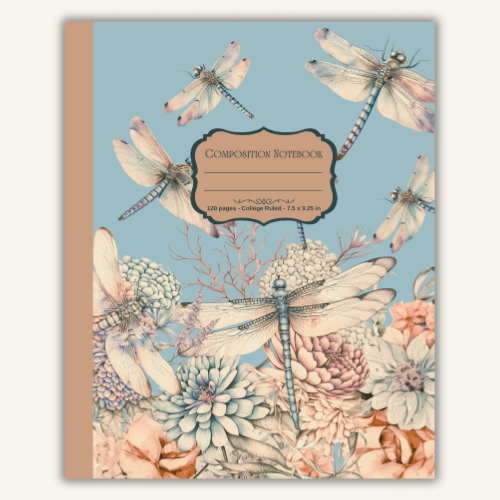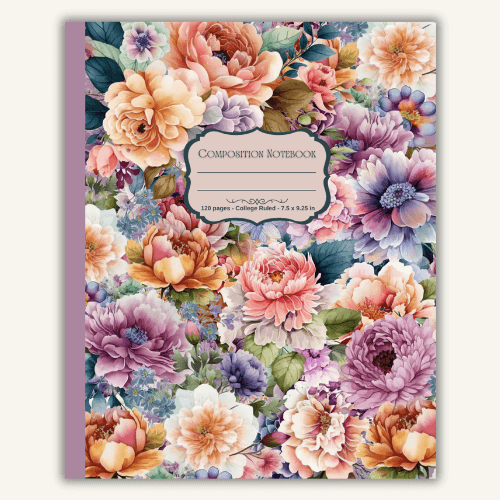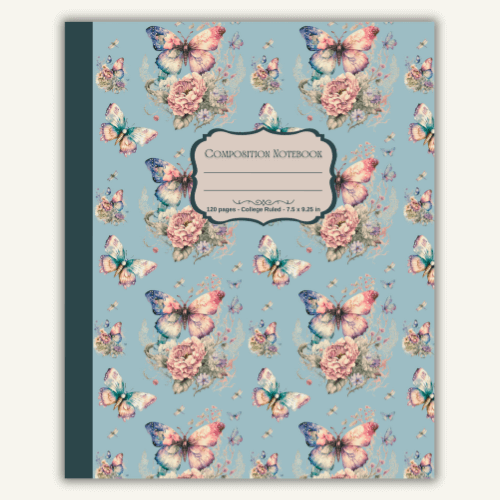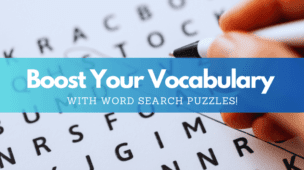Reading time: 8 minutes
Rediscovering Yourself Through Mental Health Journaling
In today’s fast-paced world, finding tranquility can seem like searching for a star on a cloudy night. However, there lies a potent tool, simple yet profound—journaling for mental health.
This age-old practice, adapted for today’s world, provides more than just a moment of calm. It allows for a profound exploration of the mind, uncovering insights and bringing peace. Whether it’s scribbling in a gratitude journal, unwinding thoughts through daily journaling, or confronting deeper emotions with a shadow work journal, the act of writing cultivates a sanctuary for personal development and mental fitness. Herein, we explore how this personal narrative crafts a stronger, serene mental landscape.
Why is Journaling Beneficial for Mental Health?
Journaling goes beyond simple daily diary entries. It is an active engagement with one’s inner voice, a dialogue penned down to decode the complexities of life. By chronicling thoughts and emotions, journaling helps manage stress better, enhances self-awareness, and fosters life satisfaction.
It’s not just about recording events; instead, it’s about dissecting and understanding them, turning everyday experiences into lessons in psychological resilience and growth. By engaging in journaling for mental health, you’re not merely surviving; you’re thriving, transforming penned words into steps toward wellness.
Historical Perspective
The quills of history are heavy with the ink of journaling, from the reflective memoirs of Marcus Aurelius to the poignant diaries of Anne Frank. These personal writings, once private, now public, show that journaling has long been a companion of the human experience, a canvas for thoughts across the ages.
Today, this practice is backed by research, embraced globally as an essential pillar of mental health. Journaling doesn’t just mirror society; it helps shape the mental architecture of individuals, proving its timelessness and relevance.
The Science Behind Using Journaling for Mental Health

How Journaling Influences Mental Health
Journaling does more than just document—it transforms. As we navigate through the rigors of life, the act of writing engages the left hemisphere of the brain—home to analytics and logic. This allows the right hemisphere—our creative and emotional core—to surge with activity, enhancing mental clarity and reducing stress. This bilateral brain engagement achieves balance and fosters a deeper, more intuitive self-understanding.
Journaling as a Therapeutic Tool
Clinical evidence supports the therapeutic benefits of journaling, as highlighted by research on Psychology Today, and studies by James Pennebaker and Cambridge University.
Research shows journaling decreases depression symptoms, elevates mood, and provides a non-judgmental platform for expression. It is effective in various settings. These include enhancing student resilience and aiding therapy patients in recovery. Journaling helps individuals articulate complex feelings and thoughts. This process creates a clearer psychological space and fosters an environment conducive to mental healing.
Core Techniques in Journaling for Mental Health
Daily Journaling: A Simple Start for Mental Health
Embrace the simplicity of daily journaling. This technique isn’t just about reflection; it’s about routine. It becomes a daily ritual as habitual as morning coffee. The benefits are immense. For example, daily entries help spot behavioral patterns and identify emotional triggers. They become a map of your mental landscape, revealing routes to better mental health and personal insight.
Gratitude Journaling: Fostering Mental Well-Being
In the ledger of life, a gratitude journal is the balance sheet of positives. Each entry, a line of credit to your well-being. By routinely jotting down things you’re grateful for, you shift focus from what’s missing to what’s abundant. This practice doesn’t just brighten your day; it transforms your brain. Over time, gratitude journaling can significantly enhance optimism and life satisfaction, laying down neural pathways that incline the mind towards happiness.
Shadow Work Journaling: Delving Deeper for Mental Health
Shadow work journaling is for those ready to venture into the deeper, often unexplored parts of the psyche. This practice involves confronting and understanding the hidden aspects of one’s personality. Consequently, it’s about shining a light on the shadows and integrating these parts into a coherent self. The process can be intense, but the rewards—authenticity, self-acceptance, and profound personal growth—are immeasurable.
Expressive Writing: Processing Emotions for Better Mental Health
Explore the profound depths of your emotions with expressive writing. This form of journaling involves pouring out your feelings about various life events without restraint. Therefore, it’s therapeutic, allowing you to confront and process emotions in a safe, controlled environment. As a result, it can lead to significant reductions in emotional distress.
Bullet Journaling: Organized Mindfulness for Mental Health
Bullet journaling merges mindfulness with management, a creative outlet that also serves as an organizational tool. By tracking your past, organizing your present, and planning your future, this method provides a structured approach to journaling that can help manage anxiety and stress while boosting productivity and mental clarity.
Dream Journaling: Unveiling the Unconscious for Mental Wellness
Unlock the messages of your dreams through dream journaling. This practice not only aids in recalling and interpreting the cryptic languages of your sleep but also provides insights into your subconscious mind. Understanding your dreams can offer profound insights into your desires and conflicts, serving as a guide to personal insights and growth.

Integrating Journaling Into Your Daily Life
Creating the Perfect Environment
Create a space that invites calm and creativity. Whether a cozy corner with a comfy chair and soft lighting or a minimalist desk facing a window, your journaling spot should be a sanctuary. Equip it with tools that inspire—be it a beautifully bound journal, a favorite pen, or simply a quiet nook away from the hustle and bustle.
Making It a Habit
Consistency is the key to unlocking the full benefits of journaling. Set a specific time each day for this practice, and adhere to it with the same dedication as you would to any other important appointment. This regularity not only fosters a habit but also deepens the journaling experience, making it a critical part of your mental health regimen.
Transformative Stories: Real-life Examples
From the Pages of Journals
Discover the transformative power of journaling through real-life stories that span the globe. Each narrative offers a window into how individuals from diverse backgrounds have used journaling to navigate significant adversities and find daily peace and contentment.
For instance, consider the story of Maria C., who began journaling to cope with the grief of losing a loved one. Through her daily writings, Maria found a way to express her emotions safely and saw a gradual decrease in her depressive symptoms, echoing findings from studies that link expressive writing with improved emotional regulation and psychological health.
Similarly, John, a veteran dealing with PTSD, found solace in shadow work journaling, helping him confront and manage flashbacks and anxiety. His journey is supported by mental health professionals who note that writing about traumatic events can significantly reduce the power of those memories over time, as discussed in detailed articles and research summaries available on platforms like Psychology Today.
Furthermore, a comprehensive review by Cambridge University highlights the long-term benefits of expressive writing, including improved physical health outcomes such as reduced doctor visits and better immune function.
These stories are not just testimonials to the power of writing; they are invitations to all who seek healing and understanding through the written word. They underscore the message that journaling is more than a practice—it’s a pathway to mental resilience and emotional clarity.
We encourage you to pick up a journal and start writing your story today. Share your journey with our community and find inspiration and support from others who are also discovering the healing power of journaling.
Conclusion: Begin Your Journey Today
Step into the world of journaling and discover its transformative power on your mental health. Whether you’re drawn to the reflective practice of a gratitude journal, the introspective depth of shadow work, or the creative structure of bullet journaling, each approach offers unique benefits and insights. Share your journey in the comments below.
Explore our selection of composition notebooks designed to enhance your journaling experience. Your path to mental wellness awaits—a path paved with words, waiting to be written.



References:
The scientific basis for the article on journaling’s benefits for mental health was informed by reputable studies and expert opinions. Notably, Psychology Today highlights how expressive writing impacts healing, referencing research that shows improvements in psychological resilience (Psychology Today). Additionally, works by James Pennebaker, a prominent researcher, discuss how writing about emotions and stress can boost immune functioning and overall emotional well-being (University of Texas Faculty Page). Moreover, a Cambridge University study by Karen A. Baikie and Kay Wilhelm provides evidence on the therapeutic effects of expressive writing, including physiological health benefits like reduced blood pressure and improved liver function (Cambridge Study). These sources collectively underscore the efficacy of journaling as a valuable tool for mental health management.







Permalink